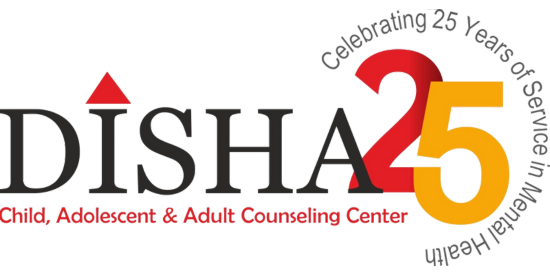404
Oops! Looks like you followed a bad link.
If you think this is a problem with us, please tell us



dishacounselingcenter@gmail.com
+91-9819478538
Relationship Counselling
Regression Therapy
Adult Psychotherapy
Child & Adolescent Counselling
Remedial Education
Reiki & Energy Healing
Spiritual Awakening Sessions
Corporate Testing
Employee Assistance Program
Certified Assessments
Transformation & Growth Sessions
Career Assessments & Guidance
Adult Psychological Assessments
Child Psychological Assessments
Home
About us
Practitioners
Services
Testimonials
Contact Us
© 2025. All rights reserved